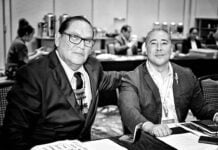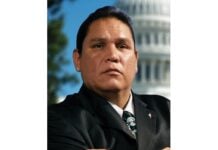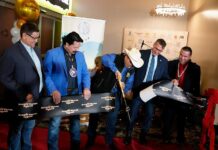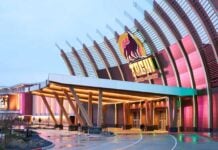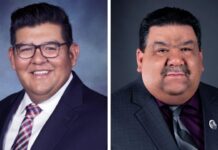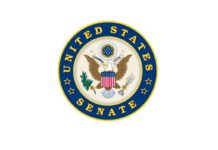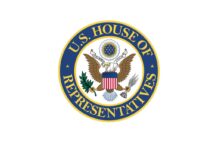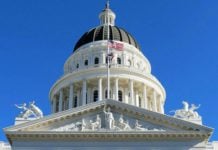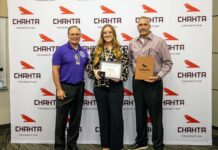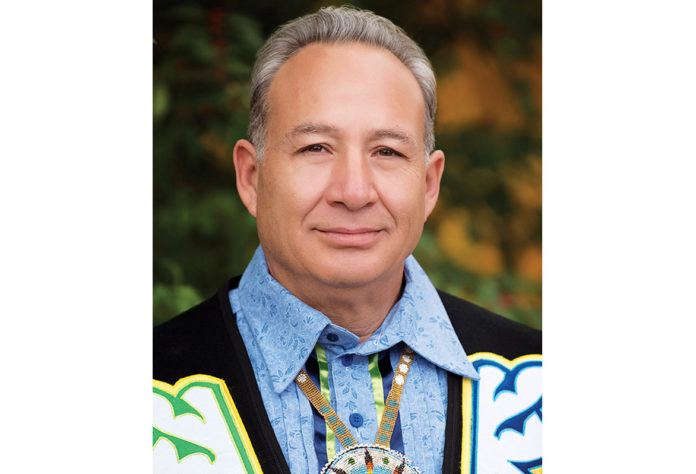Joseph “Zeke” Rupnick, Chairman
Prairie Band Potawatomi Nation
Prairie Band Casino & Resort in Mayetta, KS
prairieband.com
pbpindiantribe.com
RISKS/REWARDS: One of the greatest risks we are facing will be some of the future decisions handed down by the U.S. Supreme Court. One of the cases that I’m following is of course Haaland v. Brackeen. If and when the Court rules on that, and depending how they rule, it could have a major impact on how tribes work and interact with the federal government.
Another case that is coming up that I’m surprised not too many people are talking about is Maverick Gaming v. United States, out of Washington State. That uses the same argument as Haaland v. Brackeen, because it’s all based on race and how different statutes are being interpreted; they are saying we have an advantage over everybody else. Those cases are possibly the biggest risks that we are going to face as far as tribes in this coming year, and I don’t see much relief in sight, to be quite honest.
The only thing that we can hope for are favorable opinions in District Courts. However, if those cases are appealed to the Supreme Court, I think we are going to have a pretty hard time in the coming years.
PROMOTING LEADERSHIP: One of the things we’ve been working hard to do is allow flexibility by the different leaders of our businesses. We have our own LLC, for instance, and are trying to get the Tribal Council to let loose of some of the reins to allow those people that we’ve hired into leadership positions to make critical decisions. Granted, under our constitution, we do have some limitations on that, but if we hire strong, smart tribal members to run these different organizations and businesses, then we need to allow them the chance to make decisions. That’s always a challenge in Indian Country, because many councils, ours included, believe we have to hold the reins to everything, and that’s really not the way to build and promote leadership within the tribe.
FUTURE PROJECTS/INITIATIVES: Just like many other tribes across the nation, COVID highlighted some gaps within our infrastructure. These are some of the areas that we are currently working on and trying to eliminate gaps as best we can, given the limited amount of resources available.
We are working towards broadband and trying to get that issue resolved. However, Congress did not allocate a lot of dollars to the program, and so now we are competing against all 576 federally recognized tribes. That makes it tough. Another area we are looking at is our energy use – moving to become a greener tribe and trying to establish our own utility corporation. There are some federal dollars out there that tribes have been included in with the Infrastructure Investment and Jobs Act, and also the Inflation Reduction Act. It just makes it a challenge when we are competing against huge metropolitan areas that are looking to do the exact same thing. That is a disadvantage for us. But if we can make some small gains in that area, that’s really going to help our tribe and our members overall.
At the White House Tribal Nations Summit, one of my main points was that when the federal government is enacting many of these laws, they really need to take the tribal perspective into account. For example, with the Infrastructure Investment and Jobs Act, they’ve eroded some tribal sovereignty because tribes are forced to work with states to receive these dollars for broadband and infrastructure, rather than directly funding tribes themselves. That was a real setback for a lot of tribal nations.













